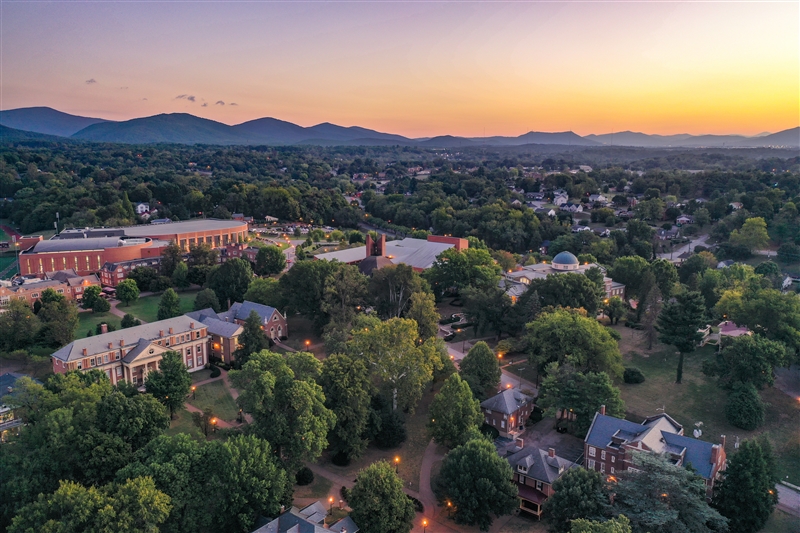Accessible Education Services

The Office of Accessible Education Services (AES) works collaboratively with students, faculty, and staff to ensure that students who experience disabilities are able to successfully access and participate in all aspects of college life.
Our Services
 The Office of Accessible Education (AES) coordinates support for students with disabilities so they can participate fully in college life. We support students who experience a variety of disabilities, including learning disabilities, ADHD, mental health concerns, chronic health conditions, physical disabilities, brain injuries, neurological disorders, and sensory disabilities related to vision and hearing. We also assist students with temporary medical conditions, such as concussions and other injuries.
The Office of Accessible Education (AES) coordinates support for students with disabilities so they can participate fully in college life. We support students who experience a variety of disabilities, including learning disabilities, ADHD, mental health concerns, chronic health conditions, physical disabilities, brain injuries, neurological disorders, and sensory disabilities related to vision and hearing. We also assist students with temporary medical conditions, such as concussions and other injuries.
Accessibility Resources works with students to plan individualized support services, including reasonable accommodations that facilitate access to learning and living. Our staff is dedicated to antiracism, diversity, equity, inclusion, and access—and is committed to providing an accessible campus environment for all students.
Accessible Education Services (AES) strives to meet the needs of students with documented disabilities in alignment with Roanoke College's commitment to providing equal access to educational opportunities for all students, in accordance with Section 504 of the Rehabilitation Act of 1973 and the Americans with Disabilities Act.
FAQ (Frequently Asked Questions)
What types of disabilities are supported through AES?
Accessible Education Services supports students who experience a variety of disabilities, including but not limited to the following:
-Learning disabilities (ex: dyslexia, dysgraphia, dyscalculia, reading/math disability, specific learning disability, etc.)-ADHD
-Medical health (ex: cardiac disease, diabetes, arthritis, cancer, seizure disorder, etc.)
-ADD/ADHD
-Physical/mobility (ex: ambulatory, wheelchair)
-Hard of hearing or deaf
-Low vision or blind
-Emotional/psychological diagnosis (ex: bipolar disorder, depression, anxiety, etc.)
-Autism spectrum disorder
-Traumatic brain injury
We also support students with temporary medical conditions, such as concussions and other injuries.
What are some examples of commonly used accommodations to support student needs?
Some commonly used accommodations and services include:
-Extended time on exams
-Print materials in accessible formats (e.g., audio, large print)
-Note-taking support
-Use of our Testing Center
-Assistive technologies
Accommodative Housing and Emotional Support Animals are also examples of accommodations that can be requested through the Office of Accessible Education Services. You can find more information about these accommodation supports on "____".
When is the best time to request services?
We encourage incoming students to request services as early as possible after being accepted into Roanoke College. New students usually meet with AES through Zoom over the Summer before the Fall semester in order to prepare their accommodations and review policies and procedures for the upcoming year. Please note that these are suggested dates and not deadlines, students can connect with Accessible Education Services at any time.
Ready to Request Accommodations?
Contact Us
Accessible Education Services
221 College Lane
Salem, VA 24153
Phone: 540-375-2247
Fax: 540-375-2485
